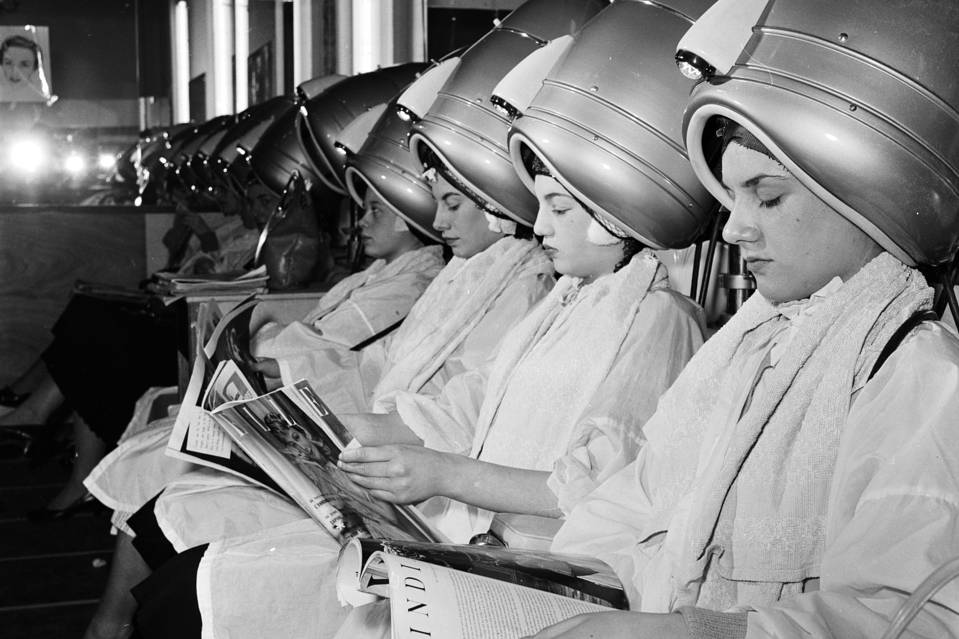Why is it easier, in most states, to become a broker or an investment adviser than a hairdresser or electrician?
According to a survey co-directed by Patrick Lach, a finance professor at Eastern Illinois University and a registered investment adviser, along with marketing professor Leisa Flynn and finance professor G. Wayne Kelly of the University of Southern Mississippi:
In most states, the minimum level of education needed to become a broker or an investment adviser is lower than the education requirement needed to become a hairdresser or an electrician. Electricians are required to complete several years of apprenticeship work under the supervision of a licensed electrician while brokers and investment advisers face no such requirement. Most states do not require a high school diploma or a Graduate Equivalency Degree (GED) to become a broker or an investment adviser. No minimum education requirement exists to qualify to sit for the Series 7 or Series 65 exams [regulatory qualifying tests to be eligible to sell securities]…many people who work one-on-one with clients do not attain education beyond this level.
Nearly a sixth of the survey participants work or used to work in the investment business — but, says Mr. Lach, it is “alarming” that they were wrong nearly as often as the general public about which financial professionals have a fiduciary duty. The difference between the general public and a broker in answering those questions correctly was tiny and statistically insignificant.
This is why I suggest to my readers to fire their broker and that they can actually beat the market with just a little bit of effort and following the strategy that I lay out in The Confident Investor, my book on investing. You can purchase my book wherever books are sold such as Amazon, Barnes and Noble, and Books A Million. It is available in e-book formats for Nook, Kindle, and iPad.
Source: How Come It’s Still Harder to Become a Hairdresser than a Financial Adviser? – MoneyBeat – WSJ

